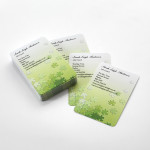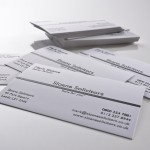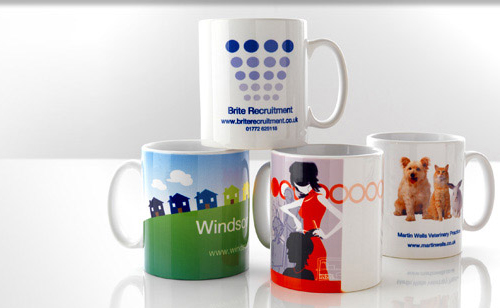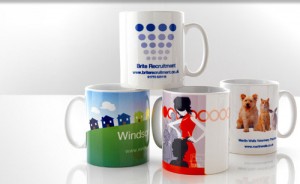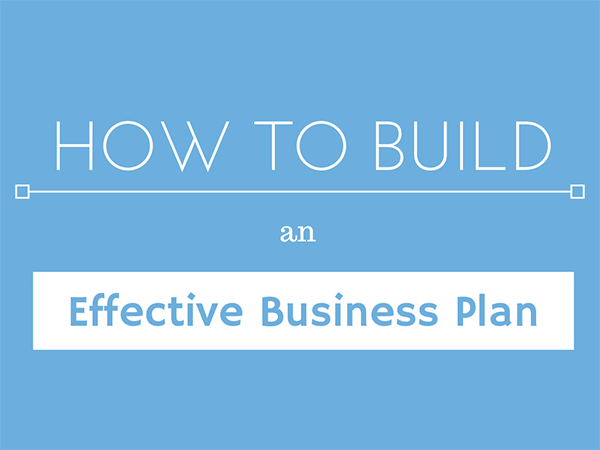Everyone knows how important it is to have a good business card on hand. Being the extension of your business or career, you need to make sure that you’re sharing the right information on your business card, and in a way that entices people to get in touch.
Along with your name and contact information, one of the most important details in your business card is your job title. Whoever’s reading your business card will need to know who you are, and how you’re related to the company you work for! But the question is, what title should you use?
If you’re an employee, this is pretty self-explanatory: it’s whatever job title is on your employment contract. If there isn’t one, or your role has changed since you were hired, you can always ask your manager or your boss what you should put as your role.
But if you own your business, or are self-employed, things aren’t quite as simple. Today, we’ll discuss what job title options you have for your business card, and how each one might affect people’s impressions of you.
What Are the Benefits of Having a Good Business Card?
Although most of the information sharing that we do nowadays is digital, the business card remains to be one of the best tools for promoting a business, a brand or a person. Here are some of the many benefits of having a business card:
1) It helps you create a good first impression. You don’t know when you’ll get the opportunity to introduce yourself to a potential client, business partner or employer. When that time comes, you need to be ready to create a good first impression and a business card allows you to do that.
2) It helps you build and expand your network. Whether you’re an employer or employee, it’s very important to grab every opportunity to build or expand your network. A simple business card is a great tool that will allow you to exchange contact information in a more formal way than sending an email or text.
3) It helps you create the right image. With a business card, you have complete control of the design and information that you’d like to share with people. This gives you the opportunity to create the image that you want people to see, and that helps you build yourself up for success – whether you’re applying for a job or trying to impress a client.
When someone has your business card, it’s easier for them to remember to reach out to you. But you’ve got to start things off on the right foot by thinking hard about your job title.
What Is the Right Job Title to Put on a Business Card?
Since a lot is riding on that small card that you’re giving away to people you want to connect with, it’s very important to know what job title you should put on your business card. This may sound simple, but a lot of people actually get this wrong. Here are some of your best options, and when it’s appropriate to use them:
President
This title strongly conveys authority, so you should only use it when you’re already an established entity. The term “President” can be interchanged with “CEO” and putting that on a business card means that you’re on one of the highest ranks in your office.
When choosing between the two options, it’s best to think about how you’d want your organisational structure to be as you grow your business, as well as your legal business entity.
CEO
Chief Executive Officer or CEO is a title that will instantly tell people that you’re in charge of your business. Most of the time, CEOs also own the company, so if you’re going to use this job title, you need to make sure that you’re already well established in the business and that you’re managing a big team of employees.
But if you’re just starting out as a business, it’s best to avoid using CEO in your business card, as this could convey that you want to pretend that your business is larger than it is, and that you’re a “big deal” – when you might not be quite yet!
Proprietor
This is the perfect job title to put on your business card if you’re just starting as a small business, especially if you’re in retail. Although “Proprietor” is an old term that refers to the owner of a small business, it’s still used a lot today because it conveys the right authority to someone who owns the business without sounding too cocky as compared to using CEO when it’s just a small company.
Owner
Nothing gets more straightforward than this job title. It’s more than appropriate if you’re a small business owner that hasn’t filed your organisational documents just yet.
The term “Owner” has lesser gravity than “CEO” or “President,” but it still gives people the (correct) impression that you’re an authority in your business as its owner. This option is also perfect if you’re a sole proprietor, or if you’re working with only a handful of employees.
Founder
Mark Zuckerberg, Jeff Bezos and Sir Richard Branson are just some of the many famous entrepreneurs who are called “Founders” by people within and outside their companies. A “Founder” is essentially the person who first started the business.
This title is used a lot these days, especially in the tech industry where there are a lot of start-ups that grow to become bigger companies within just a few months. However, you should definitely avoid using “Founder” if you took over an established business or you simply own shares in it. This would be disingenuous.
Administrator
The term “Administrator” conveys both authority and responsibility in the business. When you put “Administrator” on your business card, you’re telling people that you have authority in the organisation, but you also take care of core responsibilities that help with your day-to-day operations.
However, this may confuse people if you’re the owner as well, as someone can work as an administrator of a company without actually owning it. It’s a great option, though, if you don’t want to intimidate people and you want to emphasise the work that you actually do day-to-day.
Director
If you want to be more specific about the role you play in the business, but you still want to convey a sense of authority, you can choose a more descriptive job title such as Managing Director, Creative Director or Technical Director. Some professionals also write it as Director of Operations or Director of Production.
Again, this role emphasises that you have a senior role in the company, but conveys slightly more information about the day-to-day duties that you oversee.
Managing Partner
You could own a business and not necessarily hold a core position within its organisation. This is when you can use the title “Managing Partner” or “Managing Member” that conveys that you’re still involved with the decision-making part of your business, although you’re leaving the operations to people you hired to be part of your team.
So, Which Title Should I Choose for My Business Cards?
The great thing about choosing a title to put on your business card is that you can be as creative as you want, except when you’ve been given a job title by your employer. Make sure to consider different factors before choosing the right label.
Remember that people place a lot of weight on the information written on a business card, so it only makes sense that you use the job title that will allow you to set good first impressions.
Whether you choose to go bold with CEO or subtle with Proprietor, remember that you have to back it up with credibility and experience.
If you’re ready to start designing your very own business cards, a great place to begin is 123Print. Feel free to browse through our huge range of business card templates for some inspiration: we stock designs for a great number of vocations and niches, from solicitors to dog groomers.
When you’ve chosen your favourite design, our easy editor will allow you to upload images (such as your company’s logo), add your personal details, and change the font colour and style to your liking. Alternatively, if nothing feels quite right, start with a blank template and create your own design entirely from scratch!
Your business cards will be professionally printed to order in your chosen quantities, and dispatched to you within 48 working hours. And if for any reason you’re not happy with the way your cards turn out, we’ll replace your order until you are, free of charge. Take the first steps to business success today with 123Print!


